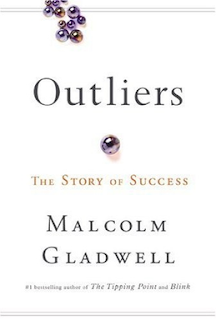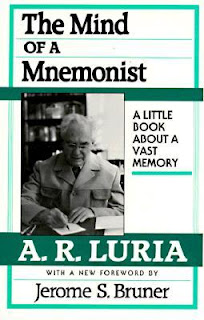《資本的衝動——世界深層矛盾根源》書評

作者: 李逆熵 出版:香港經濟日報 主體: 經濟;社會 初版:2014 ISBN:9789626788448 本書頭兩部分探討了人類的經濟活動歷史,藉描述早期的市場交易、貨幣的使用,到資本主義制度的崛起,它的自我膨脹邏輯與及對環境的禍害等,從中批判現代資本主義。作者嘗試從馬克思的理論出發,分析資本主義的利弊,並於書中最後一部分提出了一些大膽的設想,刺激大家去思考改變的可能性。 書中除了闡釋馬克思的理論,還引述了其他知名的社會/經濟學家如布羅岱爾(Braundel)、佛利民、皮克提(Piketty)、海耶克、波蘭尼(Polanyi)等人的著作,以貫穿整本書的主題。誠然,它提供了一個宏觀,縱合古今、橫貫中西方的角度去了解資本主義在我們世界所扮演的角色,非常適合作為這題目的導讀;但馬克思的理論畢竟很抽象,有些地方很含糊,要以此說服主流的新經典經濟學支持者,恐怕還需要更加嚴謹的論証。 例如,我認為馬克思對剩餘價值的概念便有斟酌的地方:他背後假設了工人的集體勞動價值是簡單的線性疊加,10個工人的集體勞動產出就是這10個人獨立勞動產出的總和,因此才會得出資本家的利潤必然建立在對工人剝削這結論上。但很明顯,公司成立的邏輯便是藉著規模經濟(economy of scale)和分工合作,把利潤最大化,故此10個人的集體勞動價值很可能大於他們獨立勞動的總和,而資本家的利潤理論上可以建立在這些額外的產出中而不構成剝削。當然,現實也可能不是這樣,但這是馬克思的中心思想,要他的理論成立這點必須要站得住腳才成。 縱然如此,正如筆者在序言中寫道:「你可能不同意我的觀點,但我十分肯定,在你反覆思索及提出反駁的觀點期間,你必會對這個世界的理解加深不少。」只要本書能啟發讀者在這議題上思考,無論他們認同與否,這本書的目的已經達到了。 注:經過數個月的苦幹,我終於在7月把全書翻譯成英文,並和李博士修編了一些地方,放在 亞馬遜網上書店 發售,書名為 The Urge of Capital ,請支持一下!



